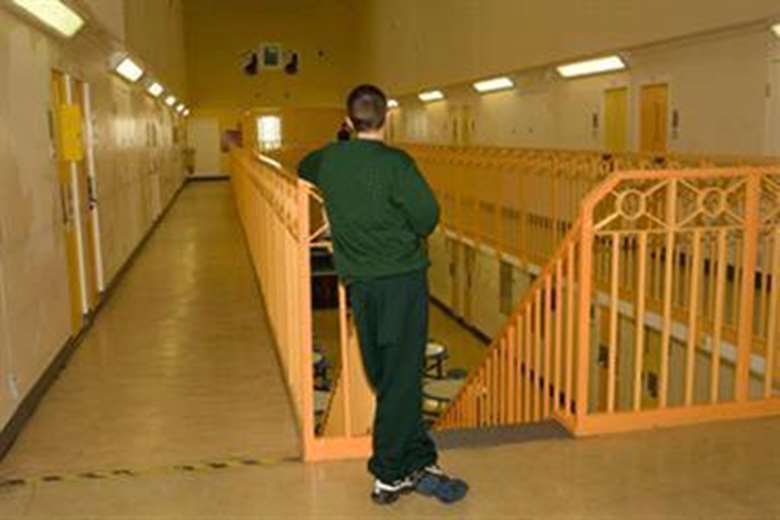Youth custody education ‘must be expanded'
Neil Puffett
Wednesday, November 21, 2012
Plans to improve education for young offenders in custody must focus on increasing existing provision and offering more opportunities for higher-level qualifications, a charity has said.

The call from the Prisoners Education Trust follows an announcement yesterday by Justice Secretary Chris Grayling that a review is to take place in order to give the youth secure estate a “stronger educational heart”.
Young offender institutions are required to provide at least 15 hours of education a week to young people. But the trust said young people in custody want to spend longer in education.
The charity meanwhile warned that there is a lack of opportunities for young people on longer sentences to progress in learning, as well as too few opportunities for higher level learning, above levels 1 and 2.
Nina Champion, Learning Matters project manager at the Prisoners Education Trust, said: “Many young prisoners are very keen to have a stronger focus on education in their institution.
“In focus groups this year, we heard comments like ‘more hours in education, we only get mornings’ and ‘we want classes on Fridays, evenings and weekends’.”
Last week CYP Now reported that the number of GCSE passes for young people in custody fell by nearly half in the space of a year.
Grayling said a review of the youth secure estate is necessary because £245m a year is spent on detaining about 1,800 young people, in some cases up to £200,000 a year for an individual, which is five times the cost of sending a young person to Eton.
But despite this, reoffending rates for young people coming out of custody are running at more than 70 per cent. “An accountant would call that a bad return on investment,” Grayling said.
“I’d call it a travesty. These are often deeply troubled children, who have grown up in the most difficult and challenging of circumstances.
“All too often they can’t even read or write, and many have been out of school for years. We need to detain them, but we also need to educate them.”
Grayling added that all prisoners being freed should have access to a mentor to help them get their life back on track.
But the idea has come in for criticism from the Howard League for Penal Reform, which fears mentors may not be given sufficient training to be able to help with often complex cases.
“At a time when budgets are being slashed, will mentors be given the training required?” Frances Crook, chief executive of the Howard League, said.
“Mentors could be a good thing, but they will need a skilled professional service working behind them.”




